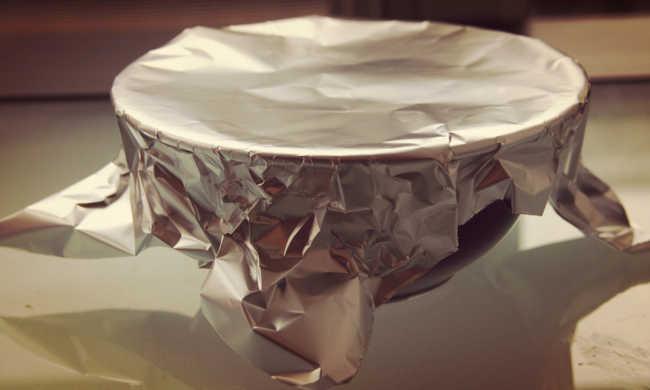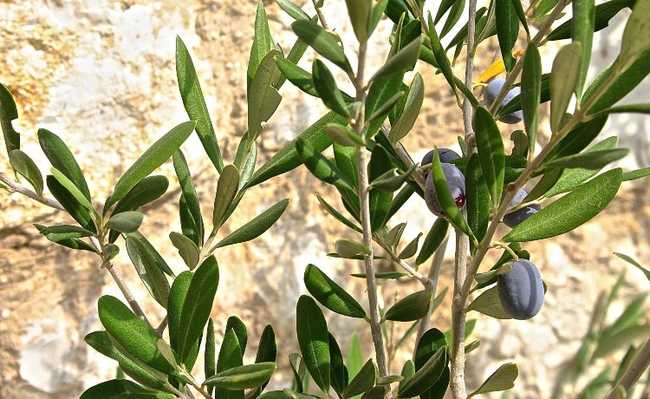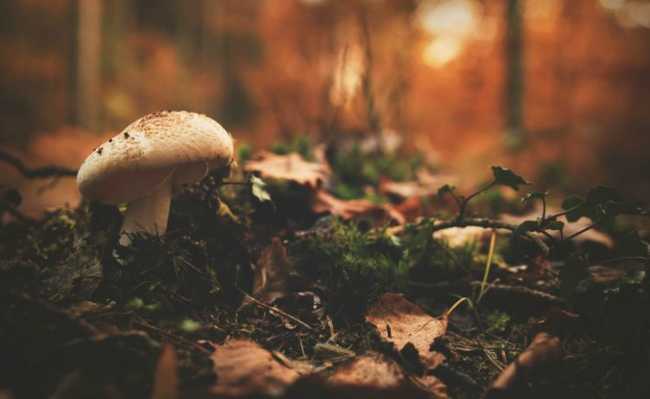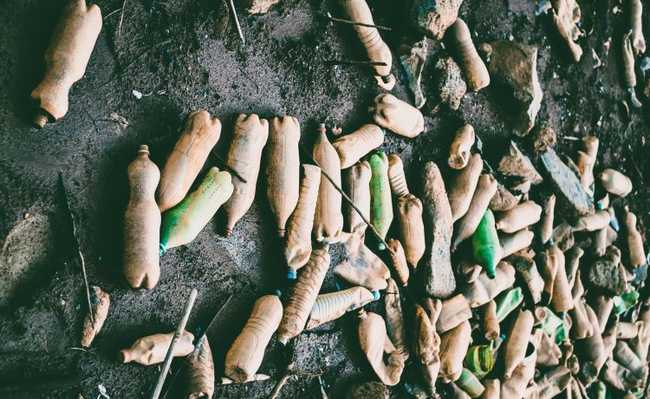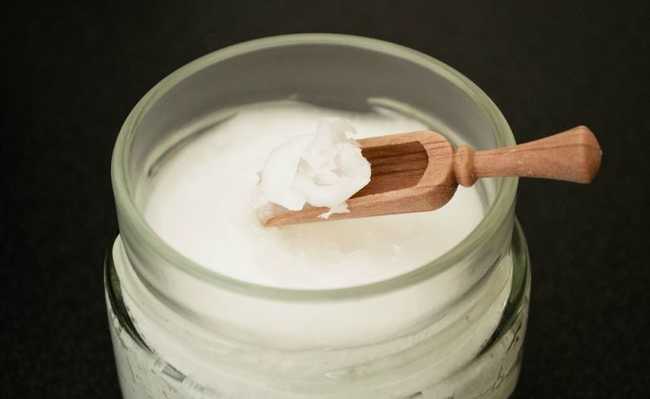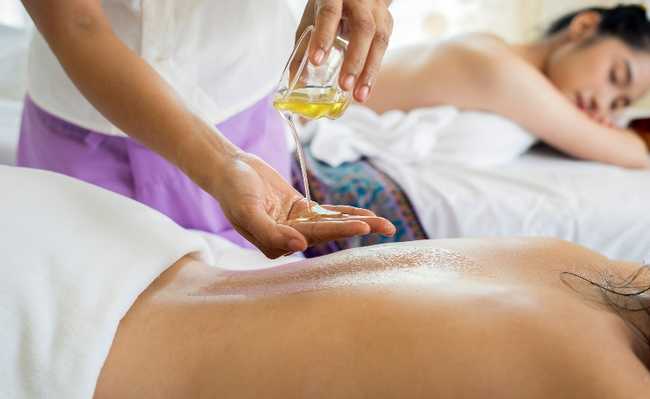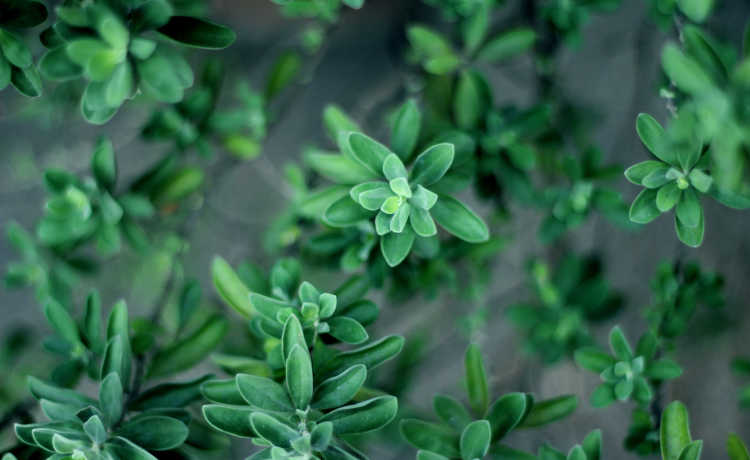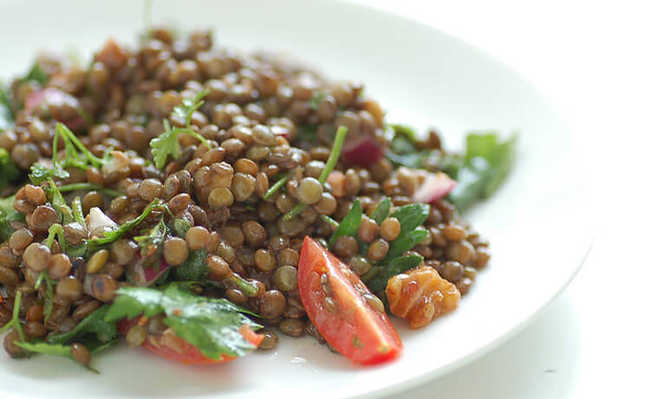Psoriasis: what is it, treatment and symptoms
About 3% of the world's population suffers from psoriasis

Psoriasis is a chronic and autoimmune dermatological disease, that is, a disease in which the body attacks itself; it is not contagious and has no cure. The severity of the disease varies, ranging from mild symptoms that are easy to treat to more severe cases, which lead to physical disability, also affecting the joints. There are several types of psoriasis.
See the symptoms of each
reverse psoriasis
This type of psoriasis is characterized by red, inflamed patches that reach the wetter areas of the body, folds such as the armpits, groin, under the breasts and around the genitals.
Nail psoriasis
Nail psoriasis affects the fingernails and toenails, causing the nail to grow abnormally, thicken, flake and even lose color, punctiform depressions or yellowish spots may appear. The nail can also come unstuck from the flesh or crumble.
Psoriasis vulgaris or plaques
Psoriasis vulgaris or plaques is characterized by the formation of lesions of various sizes, delimited and reddish, which may have dry whitish or silvery scales on the scalp, knees and/or elbows. It can itch, cause pain and even reach all parts of the body, including the genitals and inside the mouth. In severe cases, the skin around the joints can bleed and crack. This type of psoriasis is the most common form of the disease.
guttate psoriasis
Guttate psoriasis is more common in children and people under 30 years of age. It is usually triggered by bacterial infections, such as throat infections. Small gout-shaped sores form and are covered with a fine "scale". They usually appear on the scalp, arms, legs and trunk.
palmoplantar psoriasis
In palmoplantar psoriasis the lesions appear as fissures on the palms of the hands and the soles of the feet.
erythrodermic psoriasis
Erythrodermic psoriasis forms generalized lesions in 75% of the body or more - red spots may burn or itch intensely, which can lead to systemic manifestations. It is the least common type of psoriasis.
arthropathic psoriasis or psoriatic arthritis
This type of psoriasis is characterized by inflammation of the skin and scaling, and is also characterized by severe pain in the joints, which can cause progressive stiffness.
pustular psoriasis
In this form of psoriasis, spots appear all over the body or they are concentrated in smaller areas such as the feet and hands. Pus-filled blisters form shortly after the skin turns red. The blisters dry within a day or two, but they can reappear for several days or weeks, causing severe itching, fever, chills, and fatigue.
Causes of psoriasis
In our immune system there is the T lymphocyte, which travels throughout our body looking for foreign elements, such as viruses and bacteria, in order to fight them. In a person who has psoriasis, this cell ends up attacking the other healthy cells in the skin, in order to heal a wound or treat an infection. It is believed that genetics is also a factor that can trigger psoriasis, as it is common for a patient with psoriasis to have someone in the family who also suffers from the same disease. Other factors that can trigger psoriasis are:
- Stress;
- Smoke;
- Climatic variations;
- Medicines for Bipolar Disorder, High Blood Pressure and Malaria;
- Throat and skin infections;
- Biochemical changes;
- Skin lesions.
Treatment
Only a doctor or doctor will know what is the appropriate treatment for each type of psoriasis, so do not self-medicate. Treatment usually consists of applying creams and ointments, systemic medications (orally, subcutaneously, intramuscularly or intravenously) - some cases of psoriasis can be treated with phototherapy. There are some home treatments that can also help alleviate the symptoms of the disease. Learn more about them in the article: "Home Methods That Help Treat Psoriasis".
I have psoriasis, what can I do to live better with the disease?
- Moisturize your skin: use a moisturizer indicated by your doctor to moisturize your skin, prefer those that don't have much perfume or color so as not to run the risk of having allergies, apply the moisturizer several times a day;
- Sunbathe: sunbathing is a recommendation for people who suffer from psoriasis, 10 minutes of sun are already enough to enjoy its anti-inflammatory effects. But be careful: only expose yourself to the sun before 10am or after 4pm;
- Do not get a tattoo or get a piercing: this can make the lesions worse;
- Do not shave. If you are allergic to the blade, look for another alternative. If you are allergic to wax, try the razor blade. If your skin is very damaged, treat it before shaving so as not to aggravate the condition or, do better: don't shave!
- Do not exfoliate your skin;
- Take quick showers: prefer neutral soaps and dry yourself with a soft towel without rubbing your skin;
- Be careful when dressing: opt for more comfortable clothes, avoid clothes that are too tight or those that are not made of cotton, prefer pieces that allow ventilation and do not hinder your movements;
- Avoid stress;
- Eat healthy: eat more fruits, vegetables, probiotics and prebiotics. Avoid red meat, alcohol, gluten, refined or processed foods, and foods that are high in fat. Talk to your nutritionist before making any changes in your diet, he will know how to better guide you in what you should eat;
- Be careful with products, medications and cosmetics: consult your doctor before using any product, you need to be sure that a product will not harm your skin.

